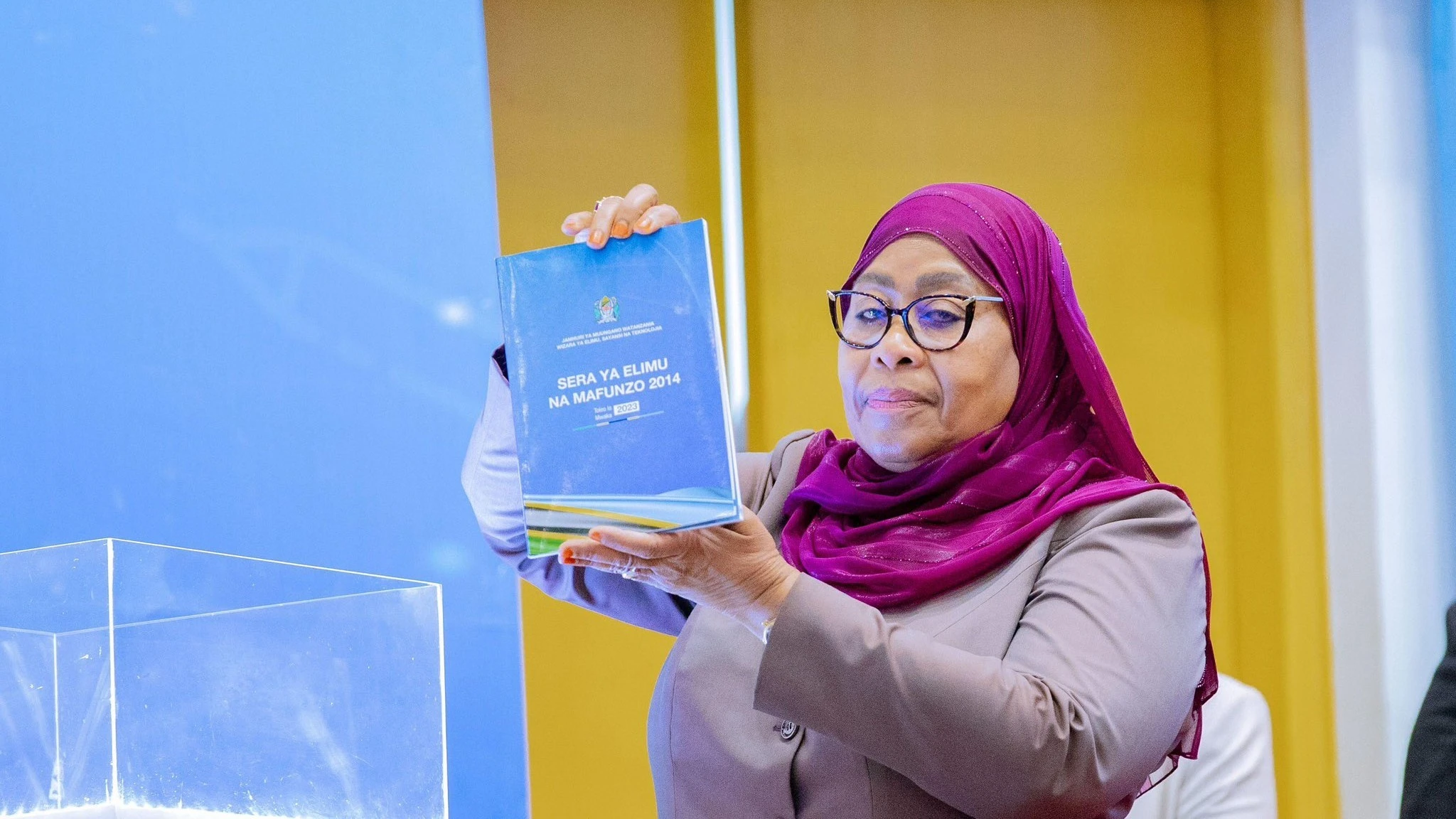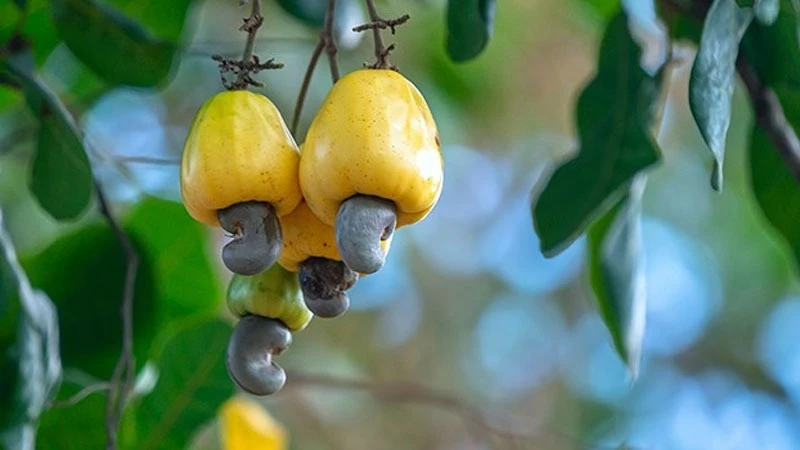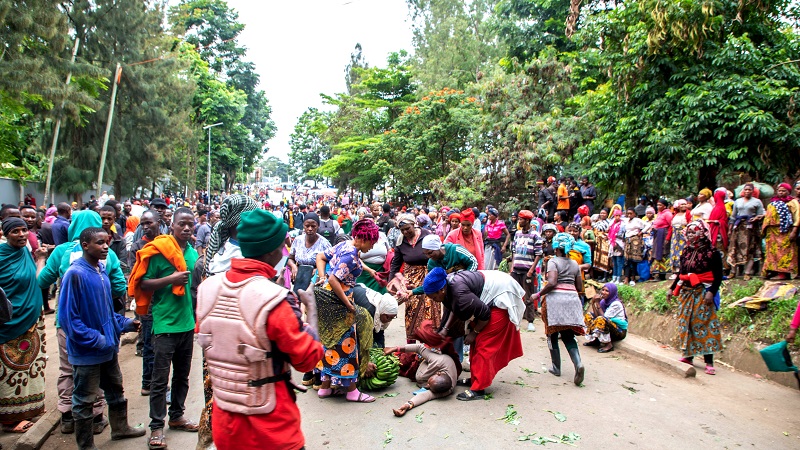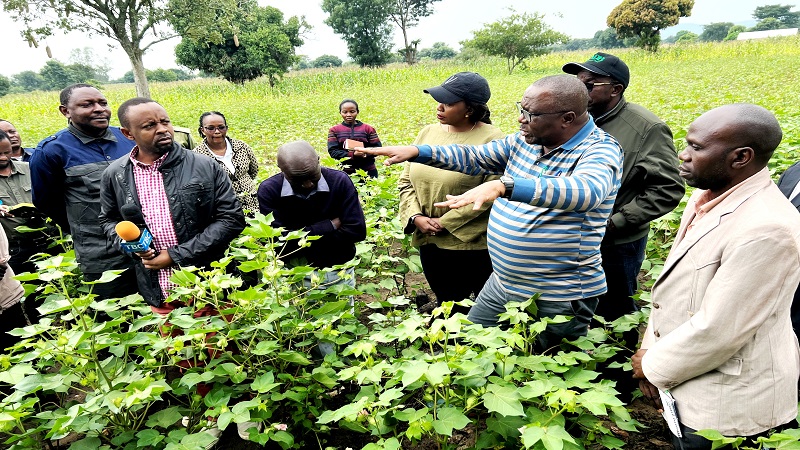The ban keeping South Africa’s farmers up at night
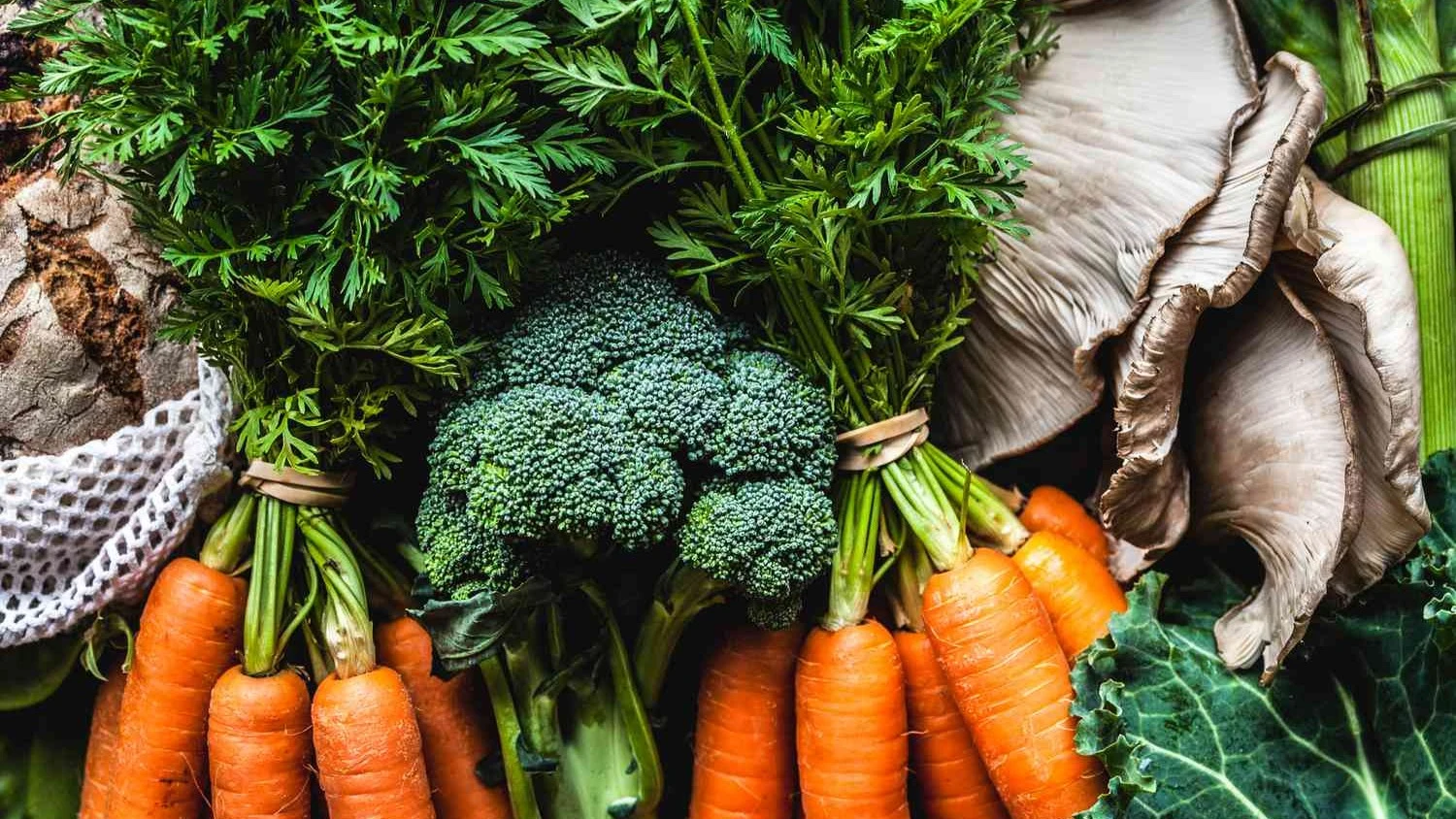
NAMIBIA and Botswana have sparked debate within the agricultural sector by imposing a prolonged ban on imported citrus and vegetables from South Africa – a move that critics argue goes against numerous principles of regional trade agreements.
South Africa, a leading food supplier in Africa, benefits from long-term agricultural investments and exports significant quantities of vegetables, especially to the Southern African Customs Union (Sacu) region, including Botswana and Namibia.
Admittedly, South Africa has benefited significantly from the African continent in its agricultural export process.
In the country’s record agricultural exports of US$13.2 billion in 2023, the African continent accounted for roughly 40 percent of this.
Botswana and Namibia—both members of the Sacu bloc encouraging free trade alongside South Africa—import a lot of produce from South Africa but implemented a ban on South African vegetable produce in December 2021, which has been in place since.
They have cited this as a way to incentivize domestic production and lower their dependence on South African produce, which is exported to these countries in large quantities.
The two expanded the import ban by adding citrus to its list of banned fresh products from South Africa, and the “temporary” ban’s end date was extended to 2025.
President of Botswana, Dr Mokgweetsi Masisi, recently wrote on Twitter (X) that “our ban… was a powerful move to boost our local farmers and economy [and] empowers Botswana by promoting self-sufficiency and improving livelihoods.”
Botswana introduced the “Impact Accelerator Subsidy” scheme to boost local vegetable production, while Namibia has developed similar initiatives to promote local vegetable farming.
However, some argue that it conflicts with Sacu’s ideals of open trade and collaboration, which have possible implications for unsettling established trading partnerships and the broader economic stability of the region.
“This action has had a financial impact on the South African farmers who have, for many years, produced for the domestic market and the region at large,” said agricultural economist Wandile Sihlobo.
“These bans go against the principles of a customs union and affect the regional value chain, in which farmers and agribusinesses in South Africa have invested heavily to ensure there is sufficient supply of food in the Sacu market,” wrote agricultural economists and researchers Thabile Nkunjana and Sifiso Ntombela.
They said that while these farmer support schemes are encouraged to upscale production, “they must be implemented while open trade is retained to ensure welfare gain to consumers in Botswana and Namibia.”
“Restricting trade could erode competitiveness and result in consumers in these Sacu countries paying much higher for [produce]. All Sacu countries must ensure they retain open trade practices, and the current bans instituted by Botswana and Namibia must be lifted to promote intra-African trade,” added Nkunjana and Ntombela.
Senior agricultural economist at FNB, Paul Makube, labelled the move as “totally anticompetitive and actually protectionist.”
He said the reason for this is because “Botswana, for example, is not a big producer of citrus, so the landscape was not necessarily unfair in favour of South Africa because they were not producing the product South Africa was supplying.”
Makube said that support for local farmers and growing the economy is commendable, but it should not disrupt market mechanisms.
He added that there are various tools available to help boost domestic production without interfering with trade and intervention in the market is warranted only in cases of unfair advantages from imports, as outlined by WTO trade remedies.
However, the ban poses a financial impact on the South African farmers who have, for many years, produced for the domestic market and the region at large.
Although Botswana for example is not a large importer of South African citrus, the ban forces producers to redirect their produce to other markets, including local which is already strained due issues with the EU for example.
Makube said that South Africa needs to rather focus on deepening integration within Africa, as outlined in the Africa Free Trade Agreement.
However, Makube said that trade bans counter the goal of deeper integration and hinder progress.
He said that appropriate response to protectionist policies is engagement and mediation rather than retaliation and that South Africa’s response to import bans should be sensitive to the needs and wants of our neighbours, yet firm to protect and promote the local agricultural sector.
He emphasised the importance of communication between Southern African countries and South Africa regarding agricultural products deemed vital for national security.
Sihlobo said that this would enable better planning for South Africa’s agricultural exports and reduce dependency on its neighbours and emphasised that import bans should have time limits, allowing Botswana and Namibia to regain competitiveness.
“Yes, South Africa has dominance, but the goal should not be to overtake South Africa but to leverage its technologies and increase regional agricultural production.
“Such an approach is what President Masisi’s government of Botswana and Namibian authorities should follow – regional cooperation and shared prosperity in agriculture,” he added.
Top Headlines
© 2025 IPPMEDIA.COM. ALL RIGHTS RESERVED











